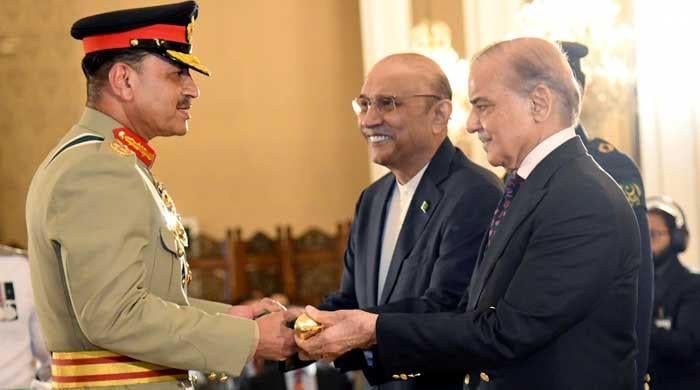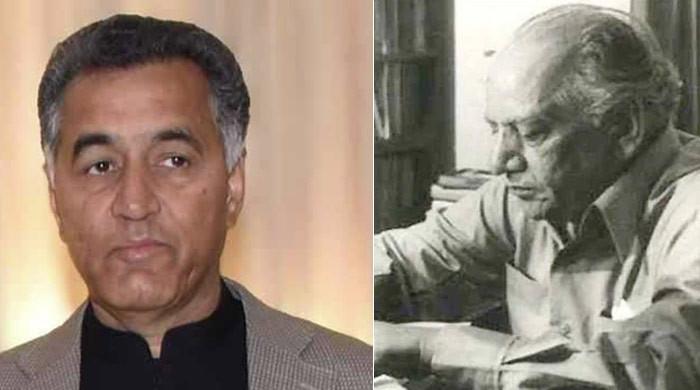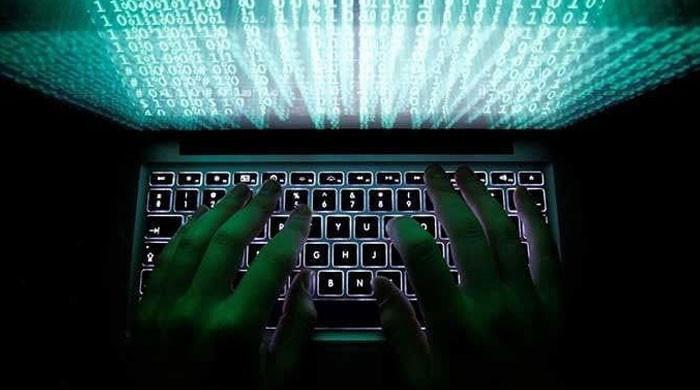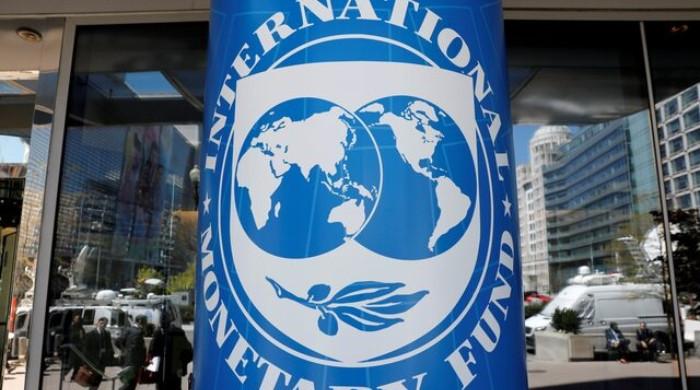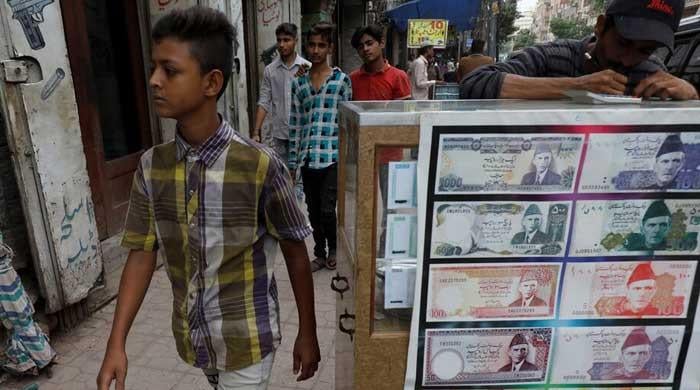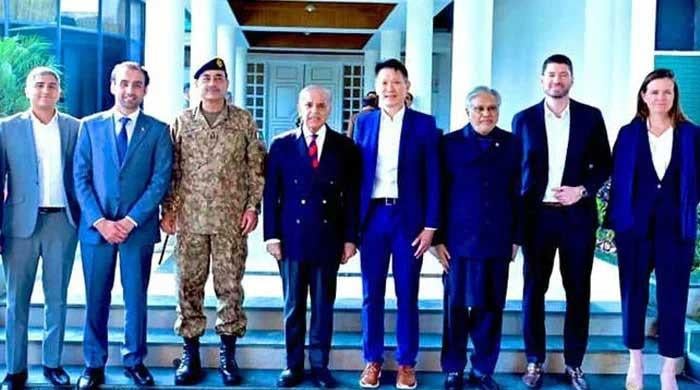‘Special relief’ for the TLP?
Has the Tehreek-e-Labbaik Pakistan (TLP) been offered some kind of ‘special relief’?
May 20, 2019
Has the Tehreek-e-Labbaik Pakistan (TLP), which made a habit out of shutting down cities in the last two years, gotten itself some kind of ‘special relief’?
The development, over the last two weeks, is not surprising. One of the TLP’s activists had given me a heads up on what was to come for the political party, a month back.
Those who followed me on Twitter might remember one of my tweets regarding a revival of the TLP and its activities across the country. Recently, hundreds of TLP workers were released on bail. Thereafter, a ‘Pakistan Zindabad’ rally was held in Karachi, and other parts of the country, though it did not get the kind of media attention, which the TLP was used to during the previous government’s tenure.
Under the Pakistan Tehreek-e-Insaf-led (PTI) government the TLP faced a crackdown after they threatened to stage large-scale protests, similar to the ones they did during the Pakistan Muslim League-N (PML-N) government, without any repercussions. But this time, the state had a new response, emboldened by the supreme court’s acquittal and release of Asia Bibi, a poor Christian woman falsely accused of blasphemy.
“Mazhar sahib, mubarak ho,” a TLP leader had said to me, “Humaray maamlat theek honey ja rahey hain. Inshallah, sub sathi jahld bhar hongey.” (Congratulations, our situation is about to improve. Soon, all our workers will be released). He further told me that his leader, Khadim Hussain Rizvi, will also be a free man soon, although adding that another leader, Maulana Afzal Qadri, may not be able to continue his activities.
According to him, some 800 to 1,000 workers were granted relief, after the political party collected money for their bail.
Rizvi and Qadri, who emerged as firebrand speakers, and flexed their muscles through street agitation, have not made any political statement after their release. When a reporter asked Rizvi about the possibility of a campaign against Asia Bibi, he reportedly replied: “She is now out of the country so there is no point in launching any movement.”
Qadri, on the other hand, who made incendiary remarks against political leaders and the Pakistan army, has announced to quit the TLP and to further retire from politics.
Those privy to the developments within the TLP say that the party will be reopening its offices in the coming weeks and if all goes well they are expecting good news from the Election Commission of Pakistan (ECP), regarding their registration. “We are expecting positive news as we prepare for the local body elections,” another TLP leader told me.
If the party is granted permission to contest the local government elections, it could hurt the ruling PTI’s vote-bank. But the larger damage will be to the PML-N in Punjab and the Muttahida Qaumi Movement (MQM) in Karachi.
The TLP emerged as a key spoiler for major parties in the 2018 general election. Some of their candidates were able to pull in over 30,000 to 50,000 votes. In Karachi, the MQM later conceded that the TLP factor did cause problems for them. Previously, it was assumed that those who supported the TLP were MQM voters too.
One of the biggest upset of Sindh, was in Lyari when the Pakistan Peoples Party (PPP) chairman not only lost but came third after PTI and TLP.
“If this is relief, then it will further boost our chances as we already enjoy the people's support and are patriotic citizen,” the TLP leader added.
Led by Khadim Hussain Rizvi, the party made quite an impact when it first emerged a few years back. Majority of its support came from the Barelvi school of thought. It even replaced political parties like the Jamiat Ulema-e-Pakistan (JUP), which got the lion’s share of the Barelvi vote in the 1970s and 80s. But, unlike the TLP, the JUP was not radical or extremist in its approach.
The TLP also dented the support of other religious parties, such as the Muttahida Majlis-e-Amal (MMA), as despite efforts from some parties, Rizvi refused an electoral alliance with the MMA, dividing the religious vote bank.
The TLP took the country by storm over the ‘oath-taking controversy’, which led to a large protest on the outskirts of Islamabad. It took over ten days, and much negotiation, to send the men home.
If the TLP do end up getting relief, as they claim, it would be interesting to see how they affect the political landscape again. They were restrained by the ECP from contesting in the by-polls on ‘technical grounds’. Others in the know, tell me that the TLP will continue its activities albeit in a low key manner, and would avoid any street protests.
It may be a coincidence but the relief for the TLP has come at a time when the government and the law enforcement agencies are cracking down on jihadi outfits, like the Jaish-e-Mohammad (JeM) and Jamaat ud Dawa (JuD), by placing their leadership under detention and seizing their facilities.
Experts believe that these measures have come after the Financial Action Task Force (FATF) placed Pakistan on the grey list and insisted that it do more to tackle money laundering and terrorist financing. With such a backdrop, it would be interesting to see how the state deals with the TLP in the coming years.
Abbas is a senior columnist and analyst of GEO, The News and Jang. He tweets @MazharAbbasGEO
Note: The views expressed are those of the author, and do not necessarily reflect the official policy or position of Geo News or the Jang Group.




